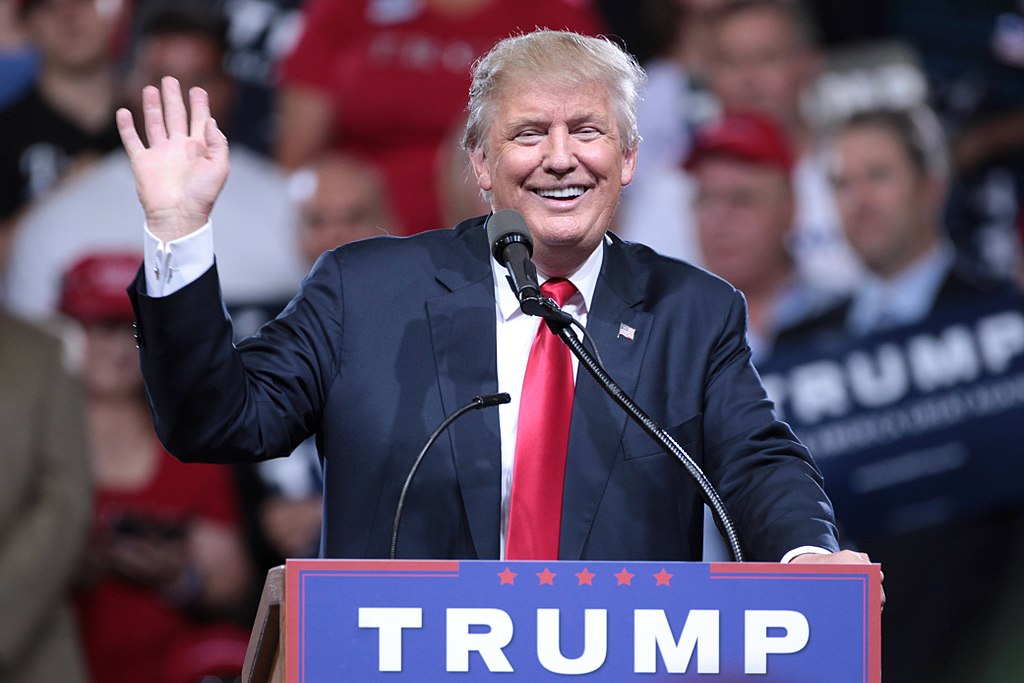As Donald Trump prepares for his return to the White House in 2025, the former president has outlined an ambitious agenda for U.S. veterans, promising improved healthcare access, streamlined benefits, and stronger support systems. However, skeptics question whether these pledges will translate into meaningful reforms or fade into the backdrop of political posturing.
Promises of Comprehensive Reform
Trump’s campaign emphasized a robust overhaul of veterans’ services, building on his previous efforts during his first term. The most notable proposal includes expanding healthcare options through the Veterans Affairs (VA) system, giving veterans access to private healthcare providers. Trump argues this approach will reduce wait times and increase the quality of care—a promise veterans have long hoped to see fulfilled.
Additionally, Trump pledged to tackle veterans’ homelessness, proposing an unprecedented $2 billion allocation to fund housing programs, job training initiatives, and mental health resources. The plan also includes enhanced educational benefits under the GI Bill, offering expanded scholarships for veterans pursuing higher education or technical training.
In another headline-making promise, Trump vowed to create a “Veterans Task Force,” designed to hold VA officials accountable and address systemic issues in real time. This task force, he says, will ensure that bureaucracy no longer hampers veterans’ access to critical resources.
Critics Raise Concerns Over Feasibility
While Trump’s agenda has garnered praise from some veterans’ advocacy groups, critics are quick to highlight potential obstacles. During his first term, Trump made similar promises, such as improving VA services and streamlining benefit claims, but many argue that these efforts fell short of expectations.
Political analysts also warn that Trump’s ambitious spending proposals face significant legislative hurdles, especially with a divided Congress. Questions remain about how these programs will be funded, with critics suggesting the proposed $2 billion allocation might come at the expense of other crucial domestic programs.
Veterans' advocates have expressed mixed feelings about expanding private healthcare access. While many support reducing wait times, some worry that it could undermine the VA system by diverting resources away from government-run facilities.
The Shadow of Past Promises
Trump’s previous tenure saw the implementation of the VA MISSION Act, which aimed to expand private care options for veterans. While the act was considered a step in the right direction, critics argue that it created confusion about eligibility requirements and failed to address staffing shortages within the VA.
The recurring debate over privatization versus strengthening the VA continues to polarize opinions. Some veterans feel that Trump’s plans are genuine attempts to reform the system, while others believe they are politically motivated promises designed to win votes without addressing the root issues.
Will 2025 Be Different?
As Trump sets the stage for his return to the presidency, the spotlight remains on whether he can deliver on his ambitious vision for America’s veterans. With promises ranging from systemic reforms to financial investments, veterans and their families await concrete actions to back the rhetoric.
While his supporters applaud his commitment, skeptics demand results. The next four years will determine whether Trump’s veterans' agenda becomes a cornerstone of his presidency—or another set of unfulfilled promises.



 EU Urges Maximum Restraint in Iran Conflict Amid Fears of Regional Escalation and Oil Supply Disruption
EU Urges Maximum Restraint in Iran Conflict Amid Fears of Regional Escalation and Oil Supply Disruption  Pentagon Downplays ‘Endless War’ Fears After U.S. Strikes on Iran Escalate Conflict
Pentagon Downplays ‘Endless War’ Fears After U.S. Strikes on Iran Escalate Conflict  Zelenskiy Urges Change in Iran After U.S. and Israeli Strikes, Cites Drone Support for Russia
Zelenskiy Urges Change in Iran After U.S. and Israeli Strikes, Cites Drone Support for Russia  Suspected Drone Strike Hits RAF Akrotiri Base in Cyprus, Causing Limited Damage
Suspected Drone Strike Hits RAF Akrotiri Base in Cyprus, Causing Limited Damage  Why did Iran bomb Dubai? A Middle East expert explains the regional alliances at play
Why did Iran bomb Dubai? A Middle East expert explains the regional alliances at play  U.S. Lawmakers Question Trump’s Iran Strategy After Joint U.S.-Israeli Strikes
U.S. Lawmakers Question Trump’s Iran Strategy After Joint U.S.-Israeli Strikes  Trump to Attend White House Correspondents’ Dinner 2026, Ending Long Boycott
Trump to Attend White House Correspondents’ Dinner 2026, Ending Long Boycott  Supreme Court Backs GOP Lawmaker in New York Redistricting Fight Ahead of Midterms
Supreme Court Backs GOP Lawmaker in New York Redistricting Fight Ahead of Midterms  Iran Detains U.S. Citizens Amid Escalating Conflict With the United States and Israel
Iran Detains U.S. Citizens Amid Escalating Conflict With the United States and Israel  Israel Prepares Weeks-Long Military Campaign Against Iran Amid Escalating Air Strikes
Israel Prepares Weeks-Long Military Campaign Against Iran Amid Escalating Air Strikes  U.S. Deploys Tomahawks, B-2 Bombers, F-35 Jets and AI Tools in Operation Epic Fury Against Iran
U.S. Deploys Tomahawks, B-2 Bombers, F-35 Jets and AI Tools in Operation Epic Fury Against Iran  Middle East Conflict Escalates After Khamenei’s Death as U.S., Israel and Iran Exchange Strikes
Middle East Conflict Escalates After Khamenei’s Death as U.S., Israel and Iran Exchange Strikes  U.S. Military Strikes on Iran Complicate Xi-Trump Summit and Expose China’s Energy Risks
U.S. Military Strikes on Iran Complicate Xi-Trump Summit and Expose China’s Energy Risks  Melania Trump Chairs Historic U.N. Security Council Meeting on Children Amid Iran Conflict
Melania Trump Chairs Historic U.N. Security Council Meeting on Children Amid Iran Conflict  Trump Announces U.S. Strikes on Iran Navy as Conflict Escalates
Trump Announces U.S. Strikes on Iran Navy as Conflict Escalates  Marco Rubio to Brief Congress After U.S.-Israeli Strikes on Iran
Marco Rubio to Brief Congress After U.S.-Israeli Strikes on Iran 
































